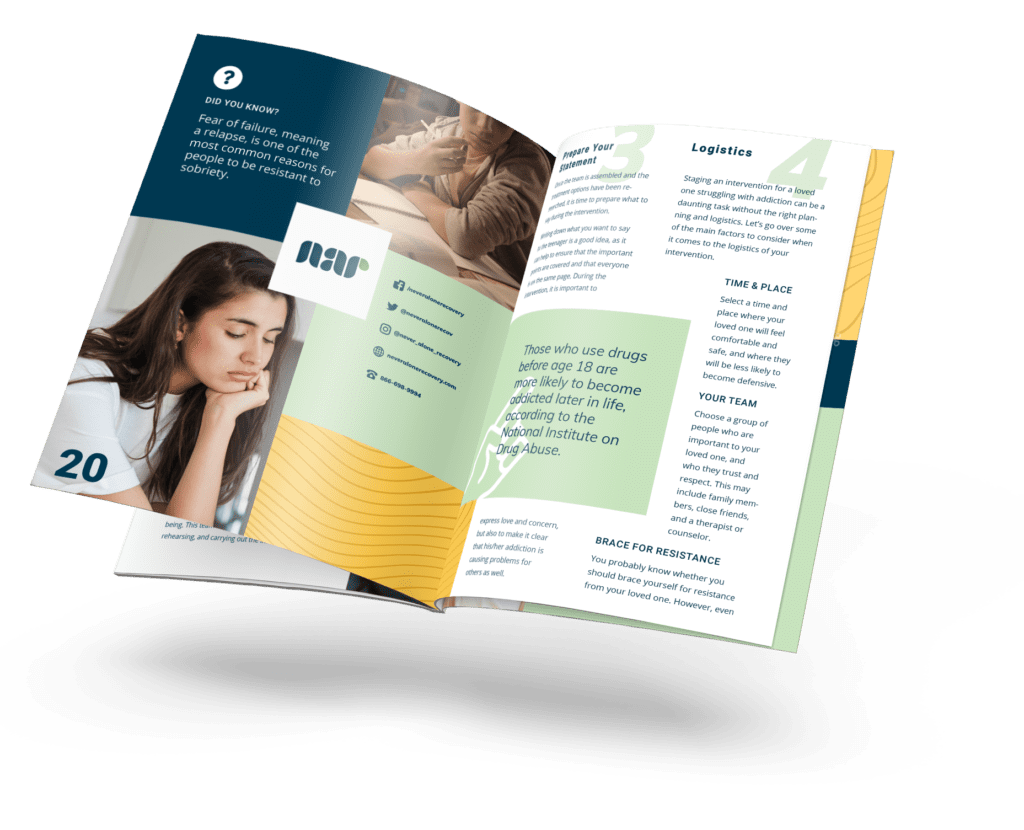When there’s a history of addiction in your family, you are more likely to develop an addiction of your own. That’s just science. It can happen even when the addictive behaviors aren’t of the same “type,” meaning that you can become addicted to alcohol and drugs even when your relative suffers from gambling addiction.
According to current data, genetic factors make up as much as half of your risk of addiction. And the closer the relationship, the higher the risk. However, even distant relations who suffer from addiction are indicators of risk as well.
If this all sounds terrifying, then don’t worry—you’re not totally without options. Because as influential as genetics can be, they aren’t the only factor. Addiction runs in the family doesn’t mean you’re doomed to develop a substance abuse disorder no matter what.
With the opiate epidemic raging across the country and alcohol and tobacco as the first and second most common substances to become addicted to, it’s important to keep a constant watch on potential dependencies if you’re at risk.
Proactive Prevention
Preventing addiction to nicotine is pretty easy if you don't use tobacco products in the first place. Avoiding areas with lots of smokers reduces social pressures as well as the risk of harm from secondhand smoke. However, it can be harder to avoid alcohol since drinking is more socially acceptable than smoking.
Establishing boundaries goes a long way. If you only drink at celebrations and special events, you can establish a pattern of behavior that will guide how you approach alcohol. You’ll come to see it as a “special treat” that you enjoy “once in a while” in social situations.
According to the 2020-2025 Dietary Guidelines for Americans, there’s a definitive “cap” for alcohol consumption. Both it and the CDC suggest staying under two standard drinks per day for men and one per day for women. Of course, some could look at these recommendations as being fairly generous; because would you expect “safe drinking” to allow for daily alcohol consumption, even at such restrictive amounts?
Unless you forego alcohol altogether, drinking even less (and not binge drinking when you do drink) is the best way to minimize your risk of developing alcoholism. Use common sense to gauge how much alcohol you can safely consume since alcohol affects you more the smaller you are.
By establishing boundaries and exercising self-control, you can develop a philosophy of moderation that can be extended into your personal life.
By establishing boundaries and exercising self-control, you can develop a philosophy of moderation and control that can be extended into your personal life. It helps you live free from feelings of guilt or shame and to see a drink or two as an occasional indulgence rather than a slip.
But what if a medical situation that you can’t control requires exposure to an addictive substance like opiates? What’s the best way to manage your addiction risk when it comes to your medical needs?
Managing Medical Risks
Inform your healthcare provider of your family history whenever it’s relevant to do so. When they’re aware of the risks, providers can take greater care when it comes to prescribing medications with an elevated potential for addictive side effects. They might suggest opioid alternatives for chronic pain or even non-drug alternatives. For many cases with short-term pain (i.e. not chronic), opiates should not even be considered due to the risks.
Unfortunately, there are some situations—like recovery after major surgery—where it makes sense for you to use painkillers. However, there are some safer options in those situations with more emerging all the time.
Informing your doctor is, as usual, an important step. Communicating your concerns clearly and early means that your provider(s) can monitor your response to painkillers throughout the recovery process to ensure that your use of the drug doesn’t become excessive and/or dangerous.
When you leave the hospital for at-home recovery and don’t have a doctor monitoring how you’re taking and responding to your medication, you can call on loved ones for added support. It requires you to have some trust, but one option would be to give your stock of medication to a friend or family member so he or she can distribute it so you only take it in the ways and amounts that it was prescribed.
By carefully managing your medication you can avoid developing an after-surgery addiction.
Find the Right Rehab with Never Alone Recovery
If you or a family member are recovering from an alcohol addiction that’s had a severe effect on your personal life, Never Alone Recovery is here to help. Call our toll-free number to start your journey with one of the best alcohol rehabs in Indiana or to take the first step on the road to recovery.
genetic, managing risk, risk factors


We're On Medium!
We're sharing the recovery stories of our community members. Be sure to check out Never Alone Recovery on Medium to read those featured stories.
YOU MAY ALSO LIKE...
December 9, 2021
June 23, 2023
August 2, 2023
November 10, 2023
January 21, 2023
DISCUSSION